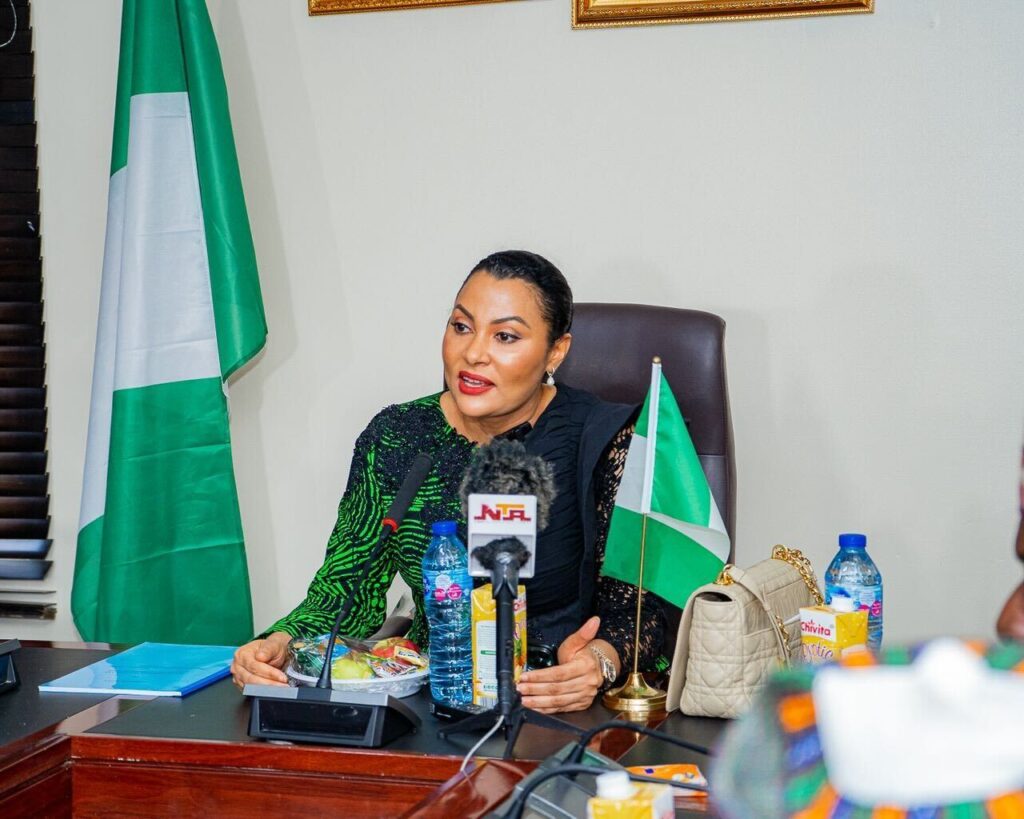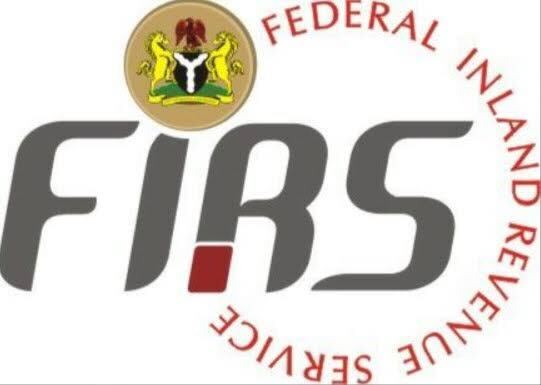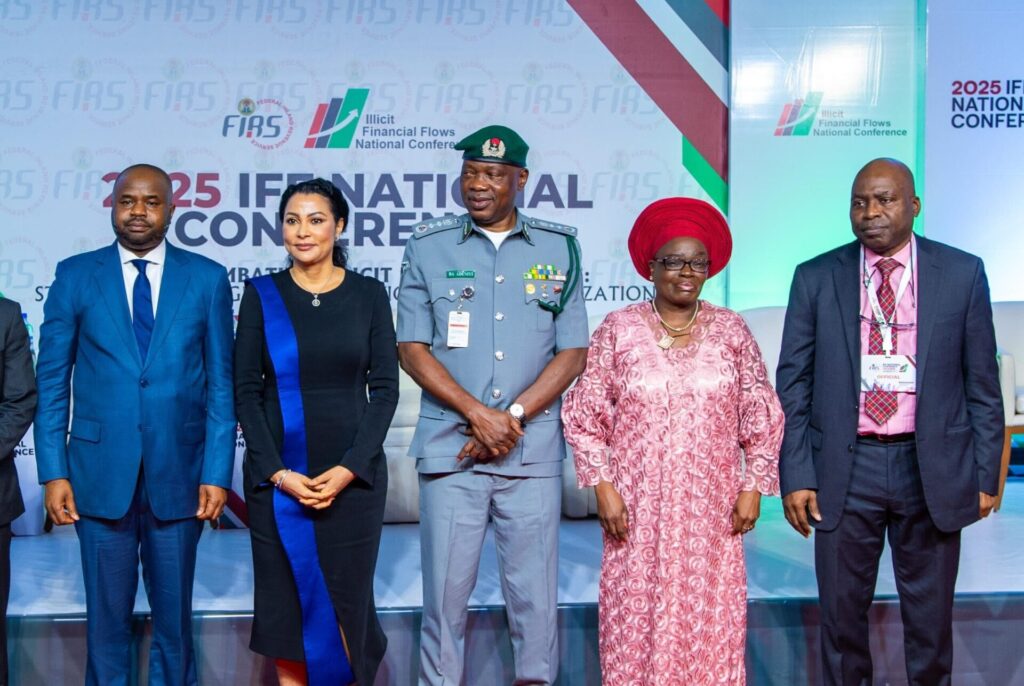Nigeria is reportedly losing about $18 billion every year due to illicit financial flows (IFFs), tax avoidance, and profit shifting practices by multinational corporations, the Federal Inland Revenue Service (FIRS) has said. The figures were presented at a national conference on Illicit Financial Flows in Abuja, where revenue experts and government officials raised serious alarm at how these hidden economic drains threaten financial stability.

According to Dr. Doris Uzoka-Anite, the Minister of State for Finance, these losses weaken the government’s ability to fund infrastructure and public services. She called profit shifting and opaque financial arrangements “hidden drainpipes of our national wealth.” The Executive Chairman of FIRS, Zacch Adedeji, also emphasised that the government is pushing reforms to reduce the legal and institutional loopholes exploited by multinational companies.
What This Means and What Is Being Done
The losses are not just numbers. Experts at the conference noted that critical sectors such as health, education, and infrastructure suffer when the government cannot collect enough taxes or block illicit outflows. With debt servicing consuming over 70% of revenue, there is less budget space for development.
To address the situation, FIRS outlined a multi-pronged strategy. This includes renegotiating certain double taxation agreements (DTAs), improving legislation to ensure transparency, and deploying new digital tools for real-time detection of suspicious financial activities. International partners and civil society organisations are also calling for fairer global tax rules and reforms of international financial structures that let profit shifting thrive.

Critics argue that although the policies exist on paper, enforcement remains inconsistent. There is pressure on institutions like FIRS, the Economic and Financial Crimes Commission (EFCC), and other regulatory bodies to work together more effectively. Some analysts believe stronger oversight mechanisms and more public accountability are needed.

As the government advances its Renewed Hope agenda, these efforts also align with calls for Nigeria to build a resilient economy less dependent on oil revenue and more driven by sustainable domestic resource mobilisation.






Leave a Reply